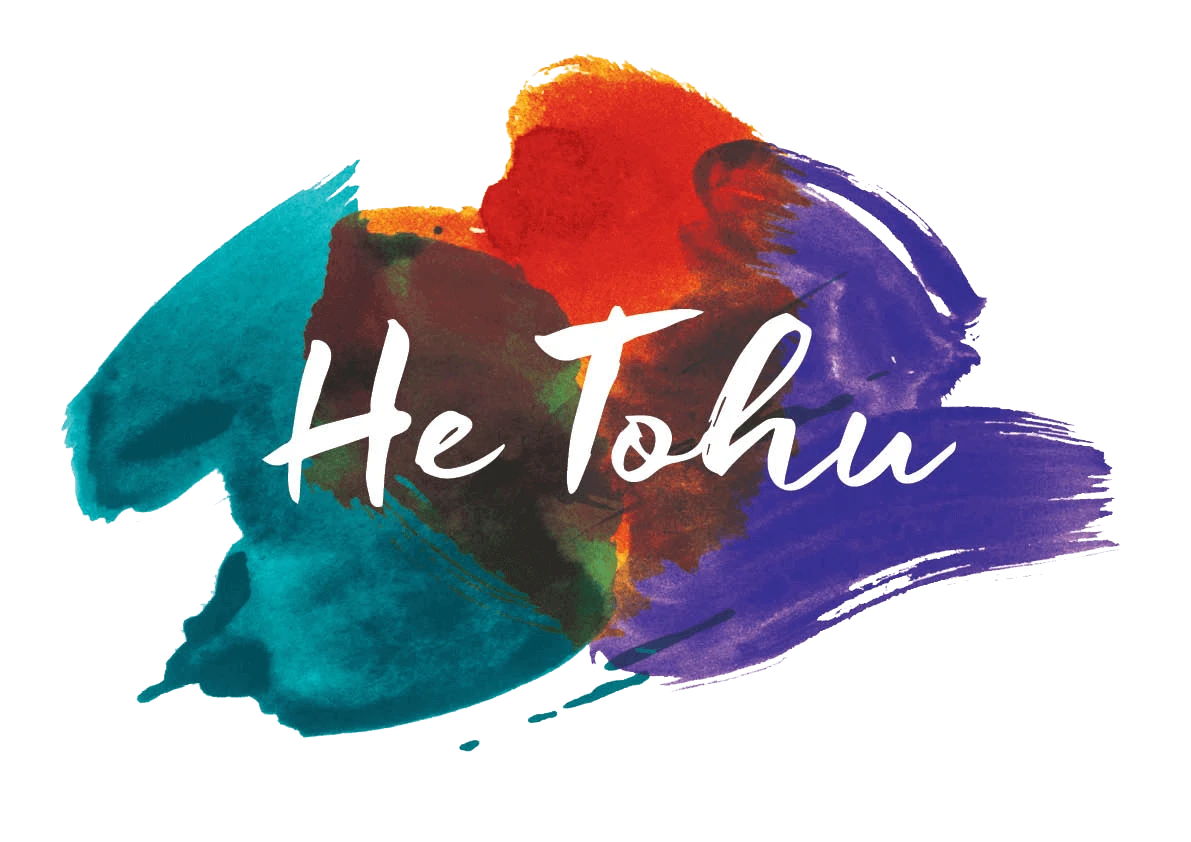What's the way forward? — Women
Embedded content: https://www.youtube.com/watch?v=gZP322xtIpQ
"That perhaps is my greatest hope, my fervent wish for that type of unity. Maybe it's a dream."
Speakers
Prof Linda Tuhiwai Smith, Evelyn Tobin, MNZM, JP, Dr Cybèle Locke, Mihingarangi Forbes, Miss Kihi Ririnui and Dr Claudia Orange, DNZM.
Transcript
Prof Linda Tuhiwai Smith: So what should Pākehā do is - they should let go.
Evelyn Tobin, MNZM, JP: Ko te whakatinanatanga o tēnei mea te kotahitanga. Āe, tētahi kotahitanga e ora ai te tangata.
[Evelyn Tobin, MNZM, JP: The embodiment of this thing we cal unity. Yes. A type of unity that gives life to people.]
Dr Cybèle Locke: We have to live it and we have to keep supporting struggles, as Pākehā allies, with Māori and support them without acting in recolonial ways by taking over or taking control or you know, I'm Pākehā and I have the answers to you Māori over here, that's not what we want.
Mihingarangi Forbes: I say to Pākehā New Zealander's don't be ashamed, you know we haven't been taught and that's not our fault but it's your obligation now that you know something about it to go out and learn more about where you're from and who was there before you and who are your neighbours and who are your partners and those kinds of things but absolutely don't be ashamed, no one's to blame in 2016.
Miss Kihi Ririnui: My Māori aunty will marry a Pākehā man and he's in the hangi pit while she's gone up the road to have a latte, good aunty. My Māori uncle will bring a Paheka woman home, she's in she's in you know panipani ana te paraoa, paopao ana te paraoa, she's making bread with the nannies hearing all the gorgeous stories and there's uncle off to play tee, golf with his metes. So there you go, you are as committed and as Māori as you feel you can be and you want to be.
Dr Claudia Orange, DNZM: And Māori will continue to talk about it, we are very bad listeners. They say look you know we have values and they are not coming through, we don't have a good run at the decision making table, you know, listen to us.
Evelyn Tobin, MNZM, JP: He nui ngā ahuatanga o tēnei kupu te angitū. Ko ētahi ka whakaine mā te moni. Ko ētahi ka whakainea mā te ora. Ko etahi ka whakaine mā te tau mai o te mauri. Ērā momo katoa. Koina pea taku tino manako nui, manako nui; ko tērā tū āhuatanga whakakotahi. Nō reira pea, he moemoeā.
[Evelyn Tobin, MNZM, JP: There are many definitions of success. Some measure it in terms of money. Some measure it in terms of health. Some measure it by internal peace. Those sorts of things. And that perhaps is my greatest hope, my fervent wish for that type of unity. Maybe it's a dream.]
Prof Linda Tuhiwai Smith: They have to be here, they have to choose consciously to be here with us. To live in relationship with us and with our land and to let go. And I know that's a really risky thing to do is to let go because you don't quite know whether you're going to be on stable footing, but I think it's a prior principle to try and be to be something different.
Any errors with the transcript, let us know and we will fix them: [digital-services@dia.govt.nz](digital.services@dia.govt.nz?subject=Transcript update&body=Please add the link to the page you are emailing us about.)
